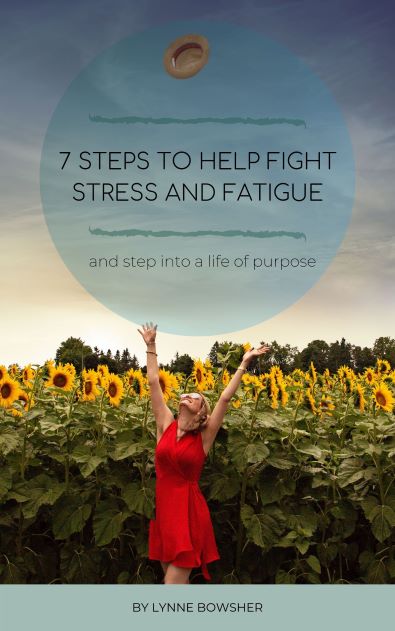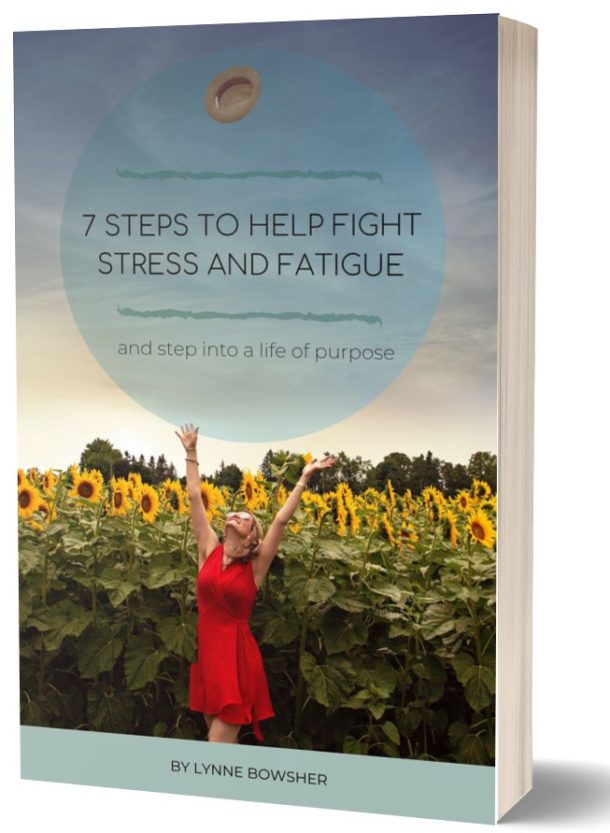“If you don’t think your anxiety, depression, sadness and stress impact your physical health, think again. All of these emotions trigger chemical reactions in your body, which can lead to inflammation and a weakened immune system. Learn how to cope, sweet friend. There will always be dark days.” – Kris Carr
I think we are all aware that stress is difficult to avoid in today’s world. But the effects of stress can be devastating to blood sugar levels and to our overall health. As we head into the holiday season it is important to find a strategy that you can do daily and/or weekly which will allow you to relax and be able to release stress in order to prevent long term consequences.
Long term stress will negatively affect your body in many different ways. For some it will lead to unwanted weight gain. For others it will lead to headaches or perhaps reduced immunity causing you to catch colds or the flu easily. Some may have difficulty sleeping and others will find their ability to concentrate has decreased. All of these effects of stress are detrimental to your health.
When we are feeling stressed our energy and our mood is affected, we have less willpower to do the things we would like to do. And most frustrating is the fact that it can cause our healthy diet or exercise habits to wane leading to unwanted weight gain.
When we have constant high levels of stress present in our life, in whatever form, this will lead to the release of hormones from our adrenal glands. The hormones are cortisol and adrenaline and they will be the instigators of everything from our lack of sleep, mood disorders and control of our appetite.
In order to help control these hormones, keep our immune system healthy and lose those unwanted pounds we need to find ways in our life that will help us to de-stress. There are many different ways one can do this, but here are a few of my favorite ways to distress:
Yoga
As an Iyengar yoga instructor I could not imagine my life without yoga. We never know what life is going to throw to us to disturb the balance of our hormones. Taking the time for a restorative yoga practice during stressful times is imperative.
Even if you only choose one or two restorative poses, spending 10 to 15 minutes in each of them is a powerful way to both rest your nervous system and help to recharge your batteries. Ideally many restorative sequences can be 2 to 3 hours long for full benefit to the body and the mind.
Breathing
Taking time to do breath work, or what is called Pranayama in yoga is another way to help relax your nervous system and help to take you out of stress physiology or sympathetic nervous system dominance and bring you into a parasympathetic state. What this means is that it helps to restore a relaxed state of being.
The key here is to take several long, slow, deep breaths. You must breathe consciously and with full awareness in order to help get you out of your stressed state of being and into a state of relaxation.
Meditation
After a session of deep, relaxed breathing, which can be incorporated into your yoga practice your mind will be in an optimal state for meditation. So after coming out of your yoga practice allow yourself to just sit quietly and follow your breath.
Allow your breath to be the focus of your attention. So even though your mind will still have thoughts and be tempted to wander, just keep coming back to your breath. If you are unfamiliar with meditation then allow yourself to begin with just a few minutes daily. Then gradually build up to 10 minutes and eventually, time permitting, 20 or 30 minutes daily.
It is ironic in a way, but those who say they have no time to meditate will actually find their day to be more productive if they do take the time to meditate!
Bathing with Epsom Salts
A great way to relax before bed is to take time for a soak in the tub with Epsom salts. Epsom salts contain magnesium which helps to draw toxins from the body as well as relax your nerves and muscles.
Why not light a few candles and put on some soft music as you soak the stress of your day away. If you do not have time to do this every night then aim for at least a few times a week for full-body relaxation.
Journaling
Another great way to help release stress is to journal. This is simply taking the time, perhaps at the end of the day to sit down with your journal and reflect on your day and your feelings and write them all down. This is a great way to get things off your chest.
It is also a wonderful way to empty your thoughts right before going to sleep at night. Some people even like to use their journal as a Gratitude journal where each night they write down 3 or more things they are grateful for in their lives. Try to find something different each time.
You may be surprised that although you feel your life is very stressful, we can always find the “little things” that we are grateful for.
So while it is hard for many of us to avoid stress on a daily basis, as long as we take the time for at least one or two of the above techniques, it will help to keep our bodies in balance.
I would love to help you transform your relationship with food, body and health and empower you to achieve a balanced life of health, purpose and vitality!
Your Nourishing Nutritionist,
Lynne Bowsher

Nourishment for body, mind and spirit



 Hello! I’m Lynne Bowsher, a Certified Mind Body Nutrition Coach and graduate of Functional Nutrition.
I work with women who are struggling with stress, fatigue and who are looking for more purpose in their life.
My wish is to help as many women as I can become embodied and to embrace and love who they truly are.
Hello! I’m Lynne Bowsher, a Certified Mind Body Nutrition Coach and graduate of Functional Nutrition.
I work with women who are struggling with stress, fatigue and who are looking for more purpose in their life.
My wish is to help as many women as I can become embodied and to embrace and love who they truly are. 
Trackbacks/Pingbacks